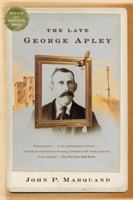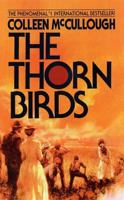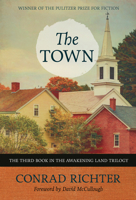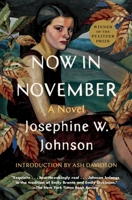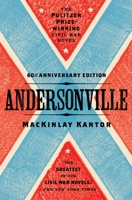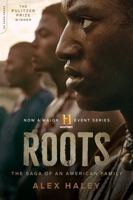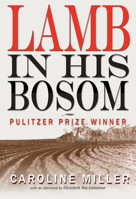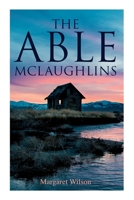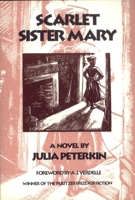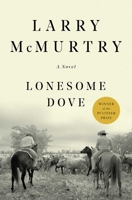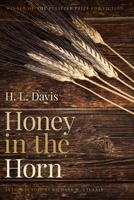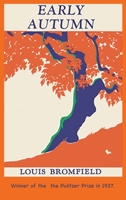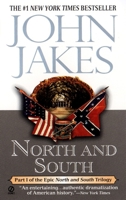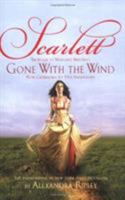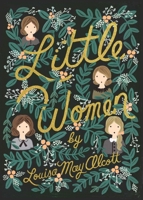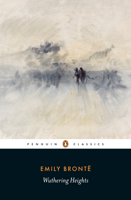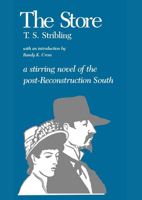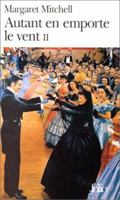Gone With the Wind
(Book #1 in the Gone with the Wind Split-Volume (2) Editions Series)
Select Format
Select Condition 
You Might Also Enjoy
Book Overview
Customer Reviews
Rated 3 starsGone with the wind- sold with wrong print date
This is a great classic novel and an excellent read. My review is about the original seller and posting for this specific book, which was not published on the date advertised. It was sold under first print date to sell for more, but was a reprint not worth the price. Be careful buying “classic” books as some people are dishonest and will rip you off.
0Report
Rated 5 starsBest Book Ever!!
I love the setting of this book and the process through the Civil War, before and after. This is my favorite book of all time. One to read again and again over the years, which I have done!
0Report
Rated 5 starsWhat a great gift for a friend's birthday.
I love all the available books you offer here at this site. And now with this gift, my friend will be having fun buying books from you too. ;)
1Report
Rated 5 starsBest book ever
Everything
4Report
Rated 5 starsloved it
"Gone With the Wind" is about a Southern belle, Scarlett O'Hara, during the Civil War and Reconstruction. Scarlett is a headstrong girl that is different from other girls. She gets married young, then becomes a widow. When death of many of her closest friends and family die, as well as escaping from the Yankees, she changes for the worse. She tries to win the attention of the so-called love of her life, while trying to...
3Report














